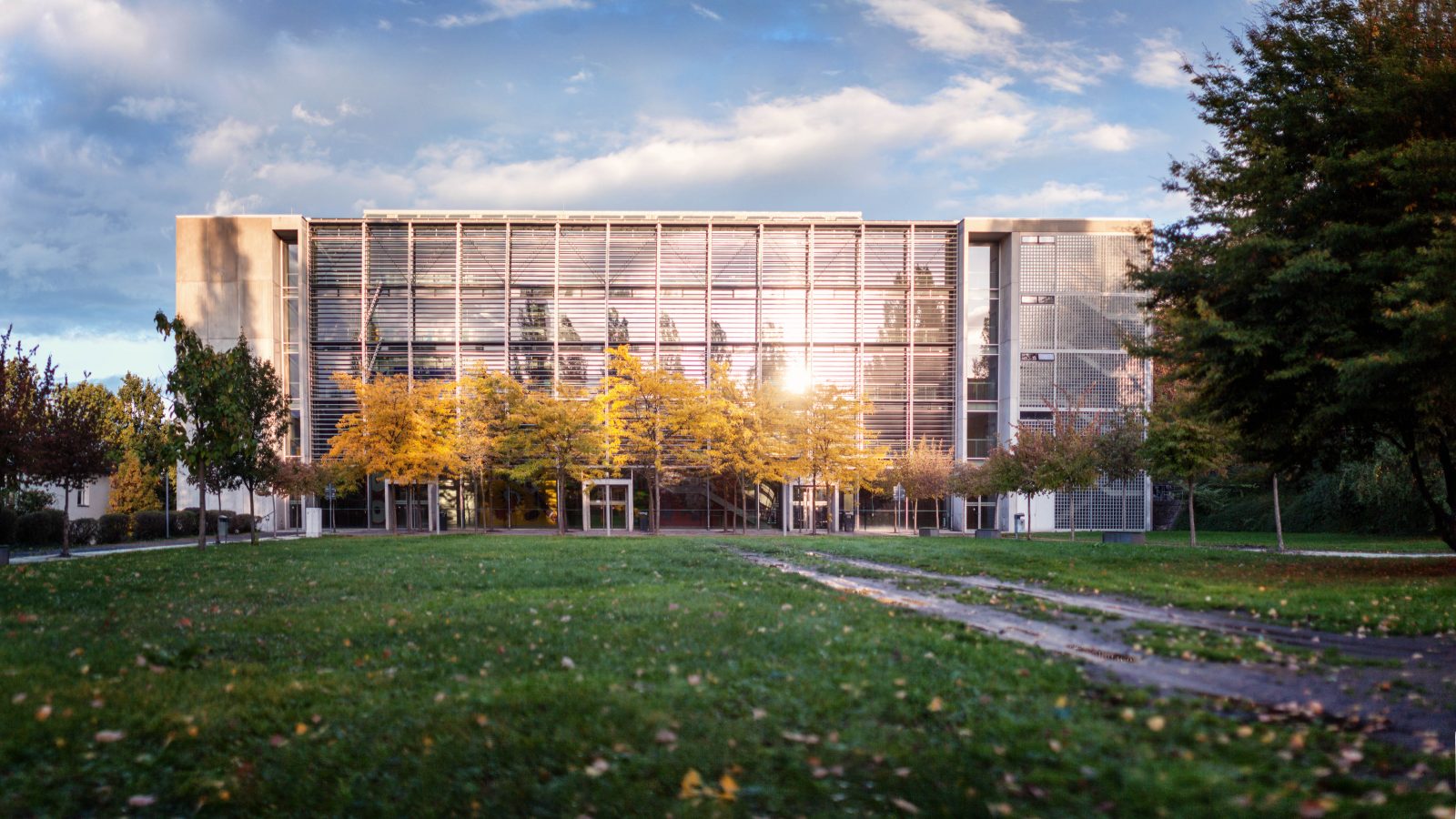The transCampus funding program strengthens the cooperation between King’s College London and Technische Universität Dresden with specific support for initiatives that introduce or expand diverse forms of cooperation. This year, the TUD has selected nine outstanding projects. They enlarge the transCampus while deepening the academic partnership between the two universities at the same time. The awarded projects will now be eligible for up to 12 months of funding. Seven of the nine initiatives come from the field of medical research, with a focus on projects in the field of cell research and the further development of cancer therapies.
CRTD research projects
Dr. Sandrine Thuret and Dr. Tomohsia Toda are developing a project at the CRTD, which the TUD has lauded for its focus on unraveling epigenetic links between stress and dysregulation of adult hippocampal neurogenesis. Another project linked to the CRTD is that of Dr. Mareike Albert in collaboration with Dr. Katie Long, Nora Bölicke and Theresa Schütze. In their research they aim at characterizing the epigenetic landscape in the human developing neocortex.
Cellular research
At the IKL, Dr. Nicole Bechmann, together with Prof. Manuel Mayr has set out to investigate the intra-tumor heterogeneity. They are taking a closer look at the involvement of cellular crosstalk in metastasis of pheochromocytomas and paraganglioma. Prof. Dr. Dagmar Kulms’ and Prof. Dr. Mahvash Tavassoli expect to achieve new advancements in the field of dermatology and cancer research. Their project focuses on the interplay of caspase-8 and p53 in therapy resistance of malignant melanoma and head and neck cancer. Prof. Dr. Ünal Coskun, Dr. Michal Grzybek, Prof. Christer Hogstrand and Ms Rui Wang have received funding to conduct their research on the expression of a membrane adrogen receptor, SLC39A9, for structural studies.
HeliPark Study and non-invasive brain stimulation
The HeliPark Study of Prof. Dr. med. Heinz Reichman, Dr. med. Lisa Klingelhöfer, Prof. K. Ray Chaudhuri and Dr. Valentina Leta aims at improving the picture of holistic health with regard to Parkinson’s disease by examining the Helicobacter pylori (HP) infection. Furthermore, the TUD has also chosen the research project of PD Dr. habil. Nadine Bernhardt and Anthony Vernon (PhD FHEA) on the context-dependent effect on non-invasive brain stimulation on the neural circuitry and behaviour for the funding program.
Resilience and well-being
TUD has granted renewed support for a project regarding the raise of entrepreneurs’ resilience through recovery conducted by Dr. Dominika Wach, Prof. Jürgen Wegge and Prof. Ute Stephan, who are based in the field of work and organisational psychology. A project supervised by the researchers from the department of economic pedagogy at TUD, Prof. Dr. Bärbel Fürstenau, Ianina Scheuch, in cooperation with Dr. Gisele Dias, Prof. Dr. Juliet Foster and Dr. Patricia A. Zunszain at King’s, is focused on competency development with regard to wellbeing and resilience.
Innovation and sustainability
Of particular note is the high proportion of female scientists in the project proposals submitted. Thus, the transCampus makes a fundamental contribution to the scientific career advancement of women at the TUD. Its primary goal is to facilitate initial research results for further third-party funding, as well as to support initial collaborations between innovative scientists. With the integration of new transCampus professors, the projects experience a sustainable implementation and lay the foundation for a successful collaboration that will further advance the international visibility of both partners and the transCampus network.


